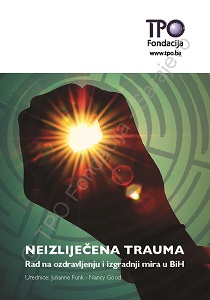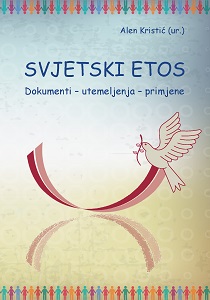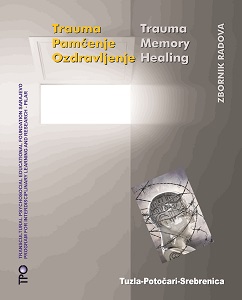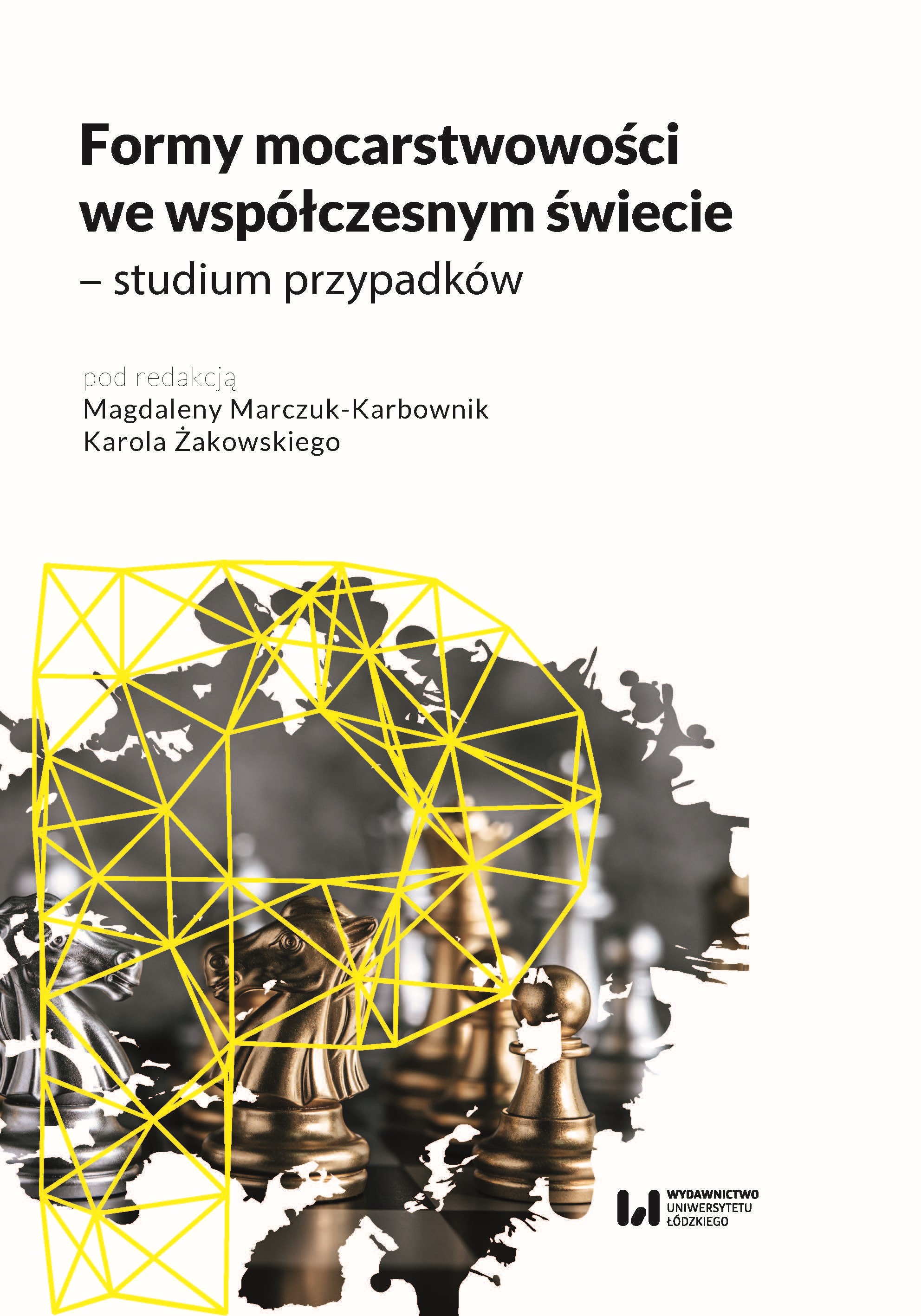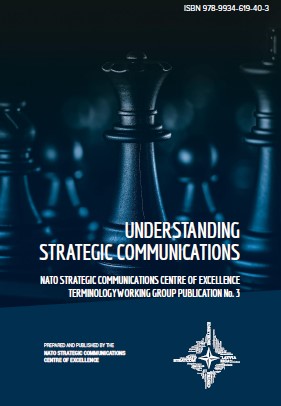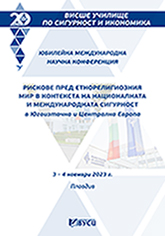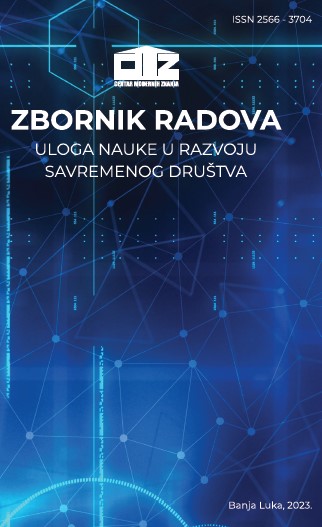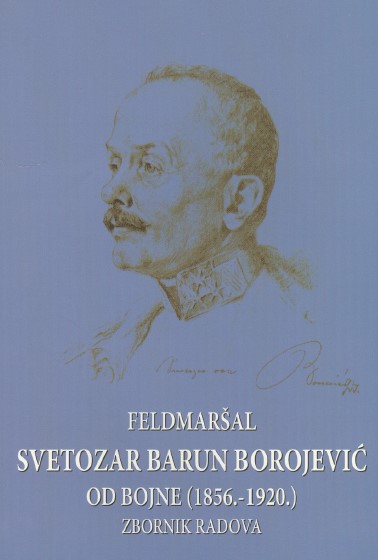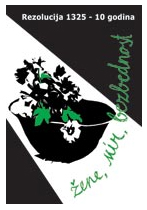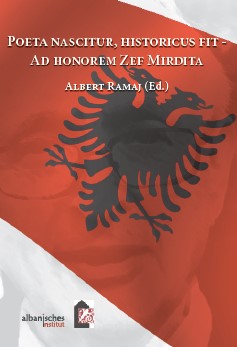Author(s): Ognjen Sredojević / Language(s): Serbian
Publication Year: 0
Sadržaj ovog rada treba da ukaže na ostvarivanje novih i savremenih oblika ugrožavanja kako ljudske bezbednosti, tako i međunarodne bezbjednosti u različitim sferama društva. Pojam savremenog ugrožavanja odnosi se na iskorištavanje sistema otvorenih granica, neprilagođenosti državnih i bezbednosnih sistema, slabu efikasnost državnih i međunarodnih institucija, korištenje savremene tehnologije, komunikacije, edukacije, nedovoljnu saradnju organa na nacionalnom, regionalnom i međunarodnom nivou i drugo. U tom pravcu, rad razrađuje pojavne indikatore i nove oblike narušavanja ljudske, nacionalne, pa tako i imeđunarodne bezbjednosti, izazivanjea nestabilnosti i daljih promjena segmenata društva. Kao osnovne razloge narušavanja bezbjednosti ovaj rad definiše društvene izvore ugrožavanja, koji se negativno reflektuju na ljudski faktor, a odnose se na nacionalna, religiozna, profesionalna i lična suprotstavljanja u društvu, društvenu neusaglašenost, razvoj kulture, edukacije, vođenje politike, međunarodne odnose i status subjekata i drugih aspekata. Ukazujući na značaj pojave opasnosti, odnosno izazova, rizika i prijetnji kako po bezbjednost društva, tako i opasnost po bezbjednost međunarodne zajednice, postoji realna procjena da ljudski faktor ima značajnu ulogu u pojavi motivisanosti i sprovođenju pojave novih oblika ugrožavanja bezbjednosti. Novi izazovi, rizici i prijetnje u današnjem savremenom „digitalnom“ dobu ogledaju se u vidu oružane agresije, separatističkih težnji pojedinih nacionalističkih i vjerskih ekstremističkih grupa, protivpravnog i jednostranog proglašenja nezavisnosti određenih teritorija, a koje su u sastavu međunarodno priznatih država, oružanih pobuna, sporova sa upotrebom oružja, novih pojavnih oblika savremenog terorizma, proliferacije oružja za masovno uništenje, nacionalnog i vjerskog ekstremizma, strane obaveštajne djelatnosti, organizovanog kriminaliteta, korupcije, problema ekonomskog razvoja, ugrožavanja energetske bezbjednosti, neravnomjernog privrednog i demografskog razvoja, neriješenih statusa i položaja izbjeglih, prognanih i interno raseljenih lica, nekontrolisanog trošenja prirodnih resursa i ugrožavanja životne sredine, posljedica elementarnih nepogoda i tehničkih i tehnoloških nesreća, kao i ugrožavanje životne sredine i zdravlja građana, opasnosti povezane sa pojavljivanjem i širenjem infektivnih bolesti kod ljudi i zaraza kod životinja, narkomanije, destruktivnog delovanja pojedinih vjerskih sekti i kultova, visokotehnološkog kriminaliteta i ugrožavanja informacionih i telekomunikacionih sistema i globalnog zagrijevanja.
More...
